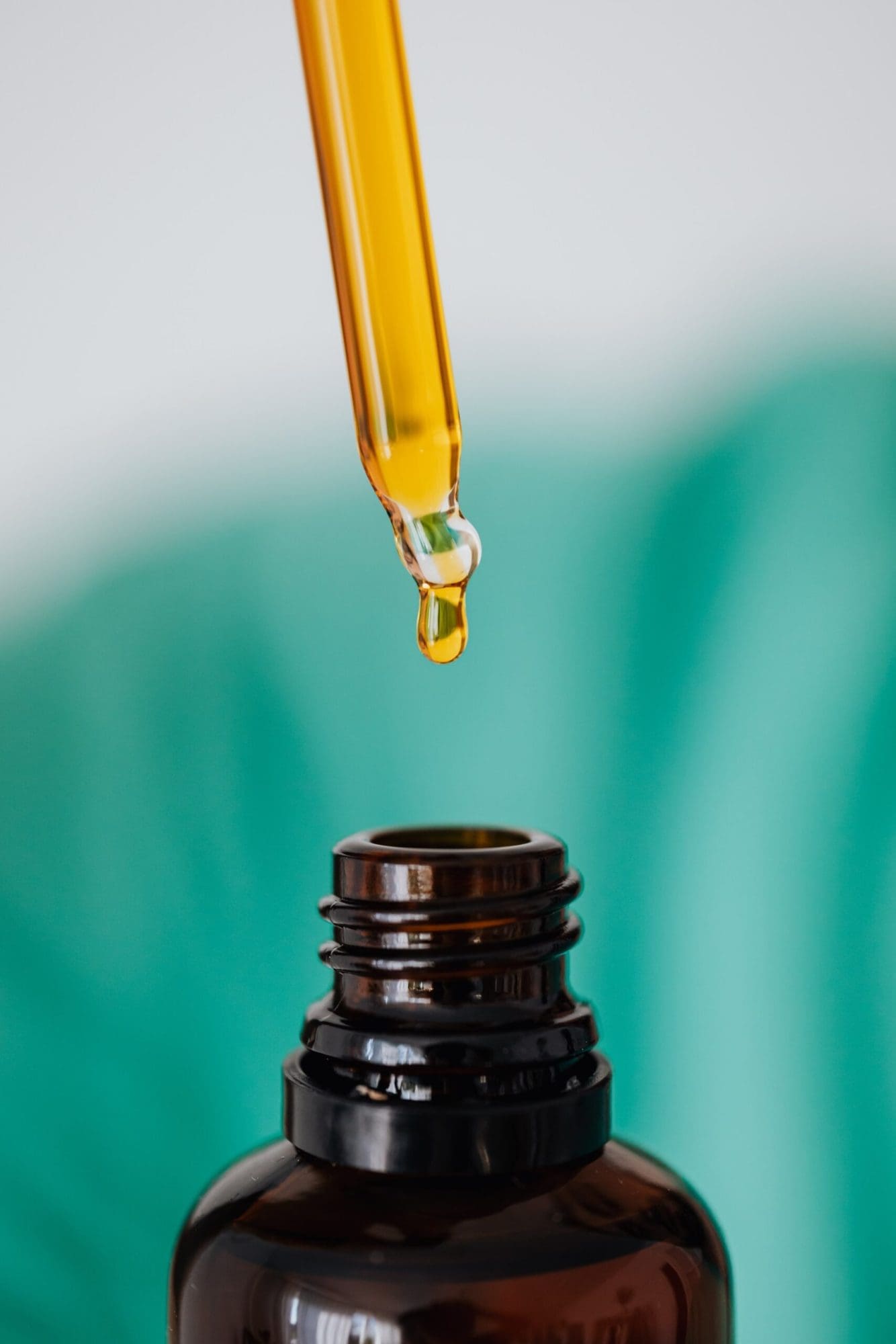Introduction
Yet another misconception surrounding cannabis is that its use inevitably leads to addiction and dependence. It’s essential to distinguish between the various components of cannabis and their potential impacts on health. Today, we debunk Myth 4: ‘Cannabis Use Will Lead to Addiction and Dependence.’
Cannabidiol (CBD)
When discussing potential addiction and dependence, it’s crucial to differentiate between CBD, a key component of cannabis-based medicine, and THC, the psychoactive part of the plant. A comprehensive review of CBD by the World Health Organisation’s (WHO) Expert Committee on Drug Dependence (ECDD) found that “In humans, CBD exhibits no effects indicative of any abuse or dependence potential” [1]. This indicates that CBD, an increasingly common therapeutic compound, does not contribute to addiction or dependence.
9-Delta-Tetrahydrocannabinol (THC)
As for THC, while it’s true that some individuals can develop a problematic pattern of cannabis use, known as Cannabis Use Disorder (CUD), it’s worth noting that this occurs in a minority of users. The National Institute on Drug Abuse (NIDA) stated that approximately 9% of those who experiment with cannabis will become addicted [2]. A meta-analysis study published in JAMA Psychiatry in 2020 found that the incidence of cannabis dependence in the general population is lower than for substances like tobacco, alcohol, and other drugs [3]. This underscores the need for a more nuanced understanding of substance dependence.
Dependence and Addiction
Further, it’s important to distinguish between physical dependence (experiencing withdrawal symptoms upon stopping the drug) and addiction (compulsive drug seeking and use, despite harmful consequences). Many medications can cause physical dependence without leading to addiction. A 2017 article in the Journal of Drug Issues suggested that while some heavy cannabis users can develop physical dependence, this does not necessarily equate to addiction [4].
A 2016 study published in Nature Reviews Neuroscience explains that while THC can cause alterations in the endocannabinoid system that can lead to dependence in some users, not all users are equally susceptible [5].
At CannaPlus+, we have helped patients with high use cannabis needs, bringing them in from the cold, as it were, helping them gain greater understanding and respect for this medicine. We provide guidance from our experienced healthcare providers and have enabled them to reduce their use and regain better control of their medication while still benefiting from it.
Conclusion
The claim that cannabis use inevitably leads to addiction and dependence is overly simplified and does not reflect the complexity of cannabis, its components, and its impacts on health. The potential for cannabis dependence is much lower than for many other substances, and addiction is not guaranteed. As always, we encourage individuals to make informed decisions about their health and consult with healthcare providers when considering cannabis use.
References:
- World Health Organization. (2017). Cannabidiol (CBD) Pre-Review Report. Expert Committee on Drug Dependence.
- National Institute on Drug Abuse. (2020). Marijuana Research Report: Is marijuana addictive?
- Hasin D.S., et al. (2020). US Epidemiology of Cannabis Use and Associated Problems. Neuropsychopharmacology. 43, 195–212.
- Lopez-Quintero C., et al. (2017). Probability and predictors of transition from first use to dependence on nicotine, alcohol, cannabis, and cocaine: Results of the National Epidemiologic Survey on Alcohol and Related Conditions (NESARC). Drug and Alcohol Dependence. 163, S3–S13.
- Winters K.C., Lee C.Y. (2008). Likelihood of developing an alcohol and cannabis use disorder during youth: Association with recent use and age. Drug and Alcohol Dependence. 92, 239–247.








